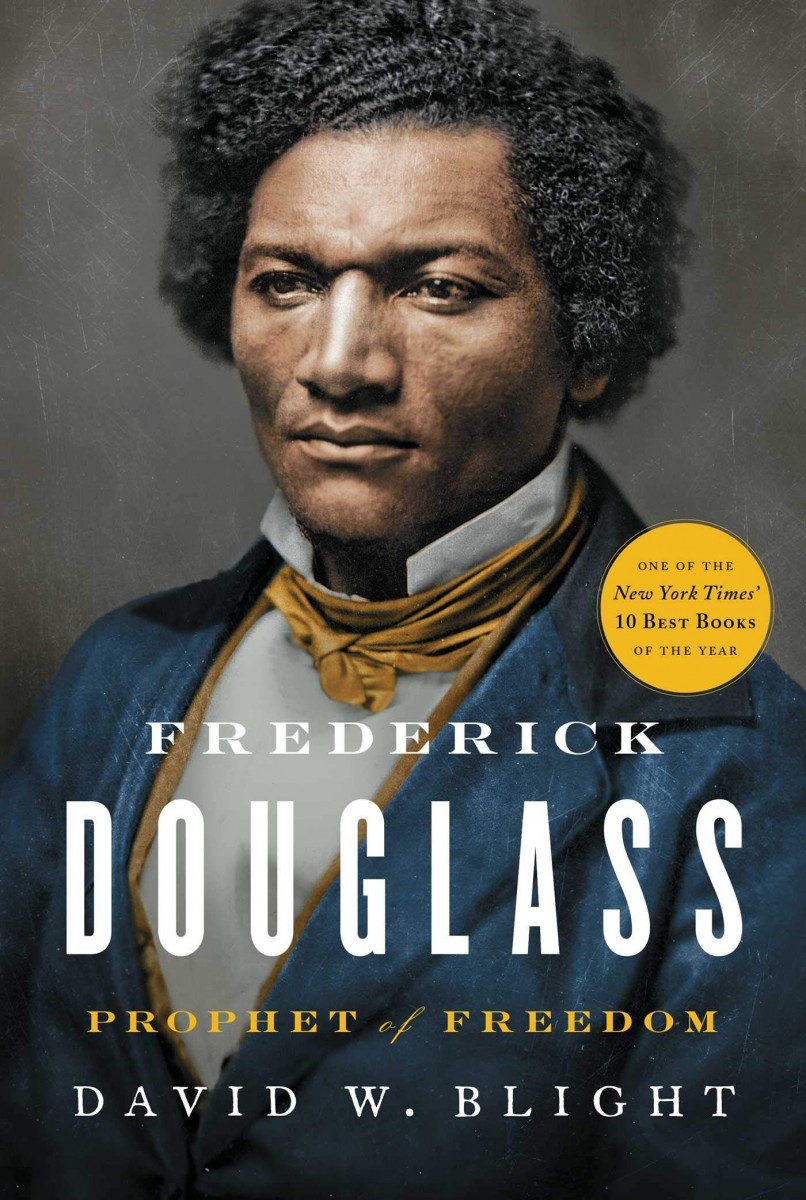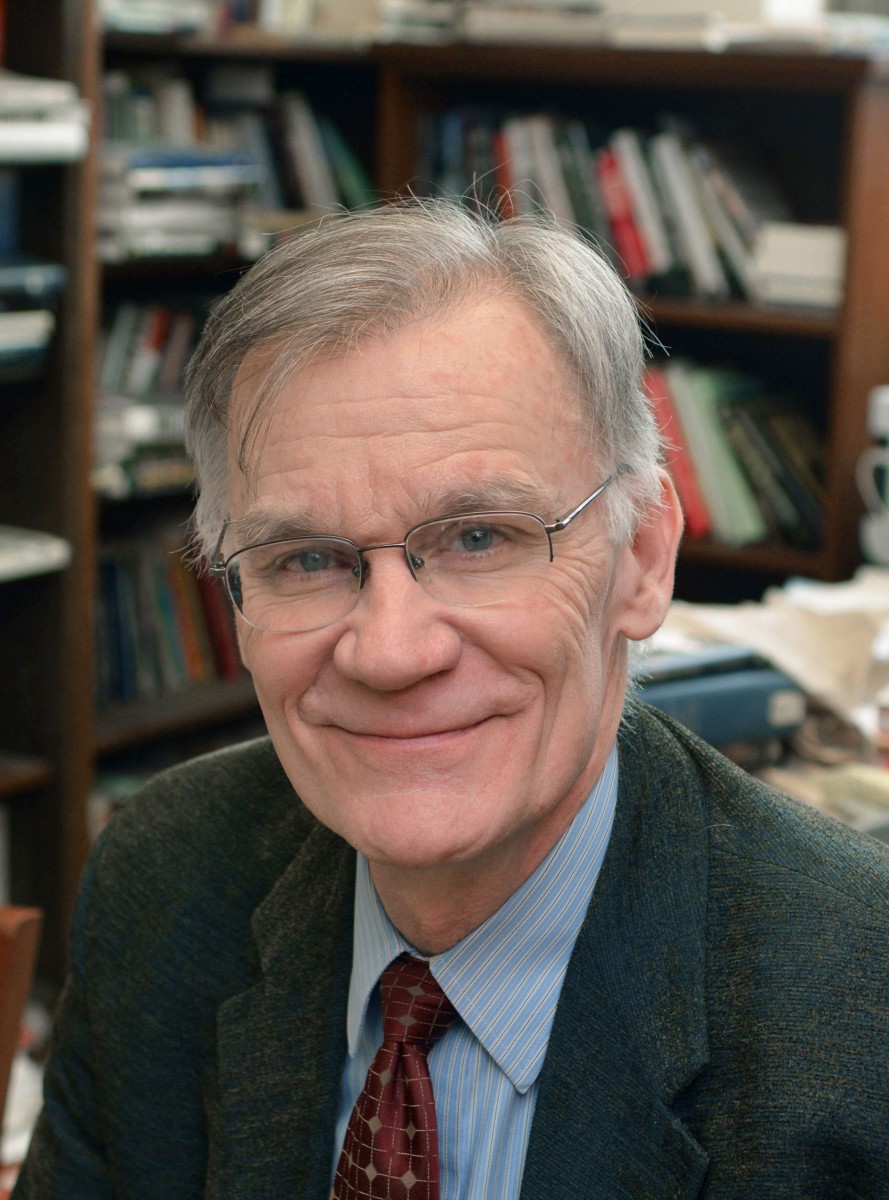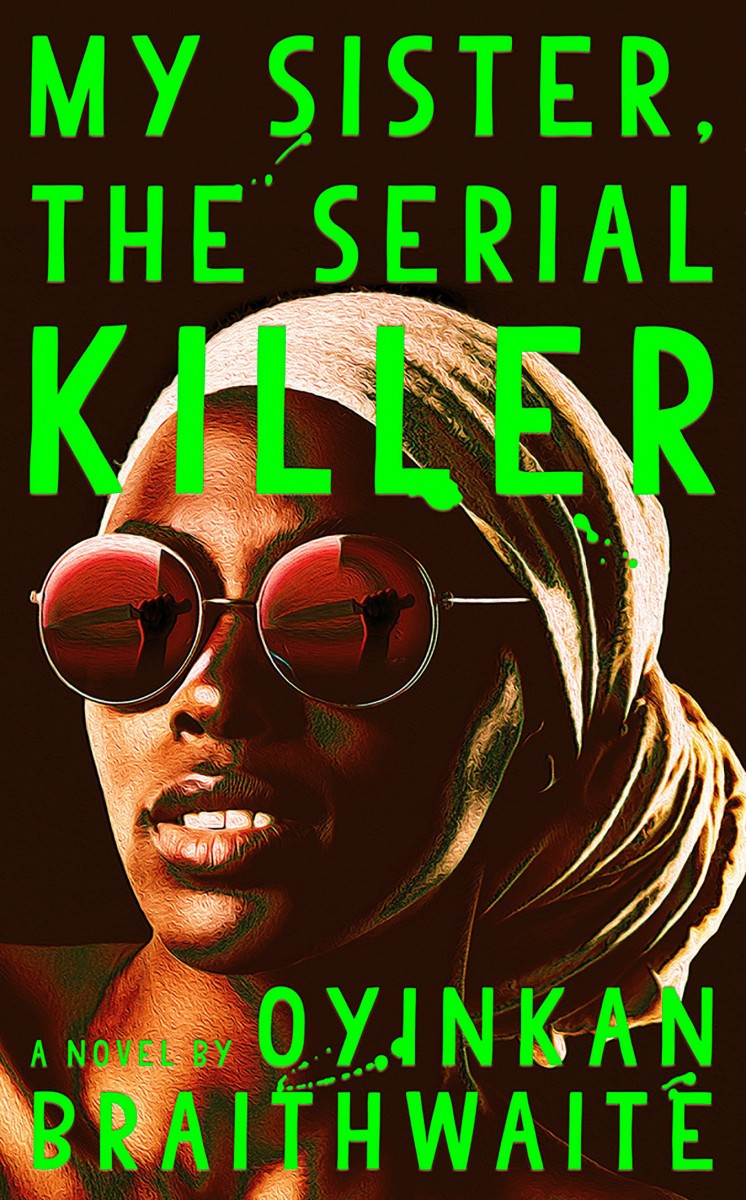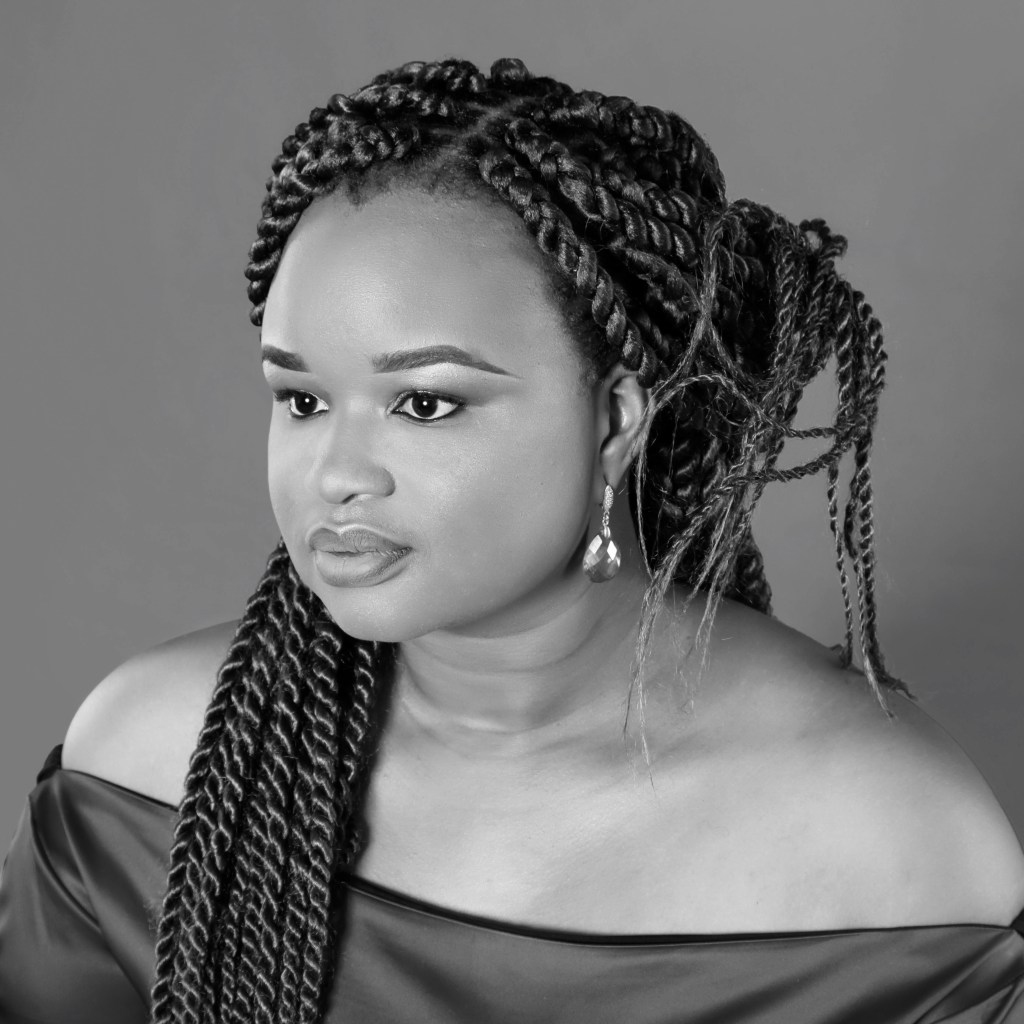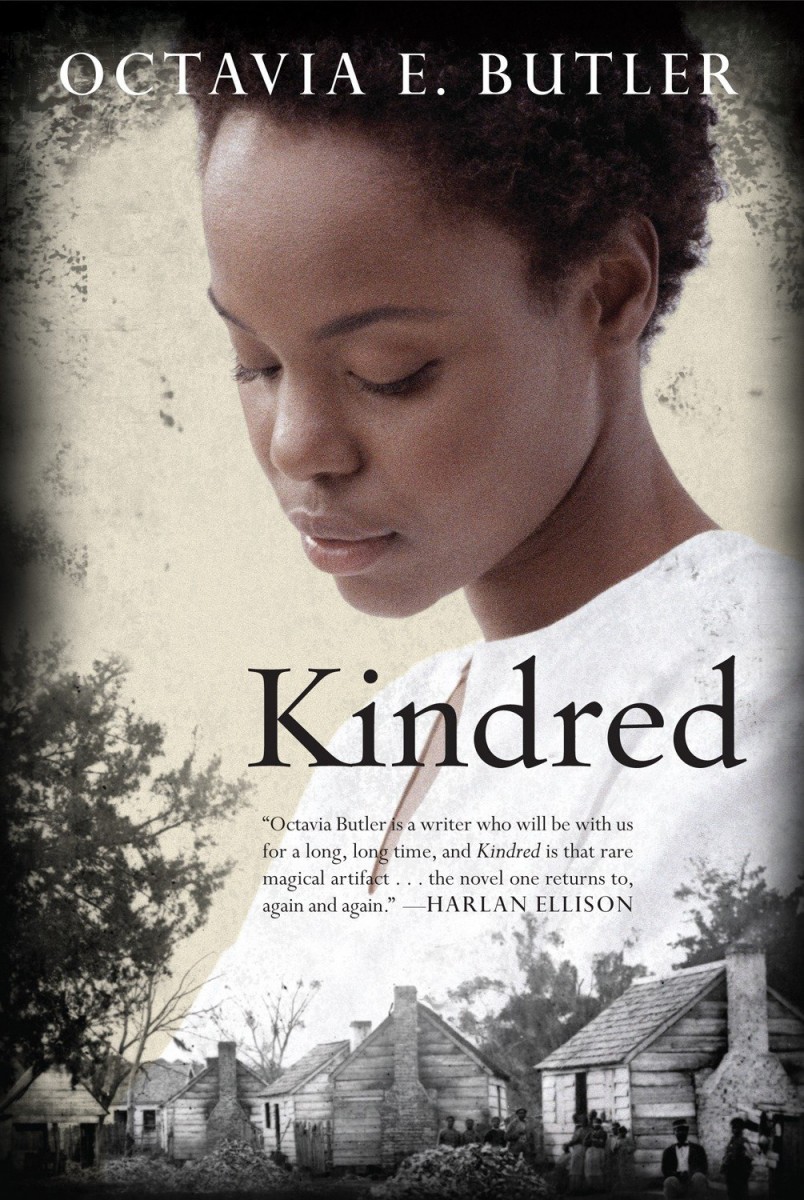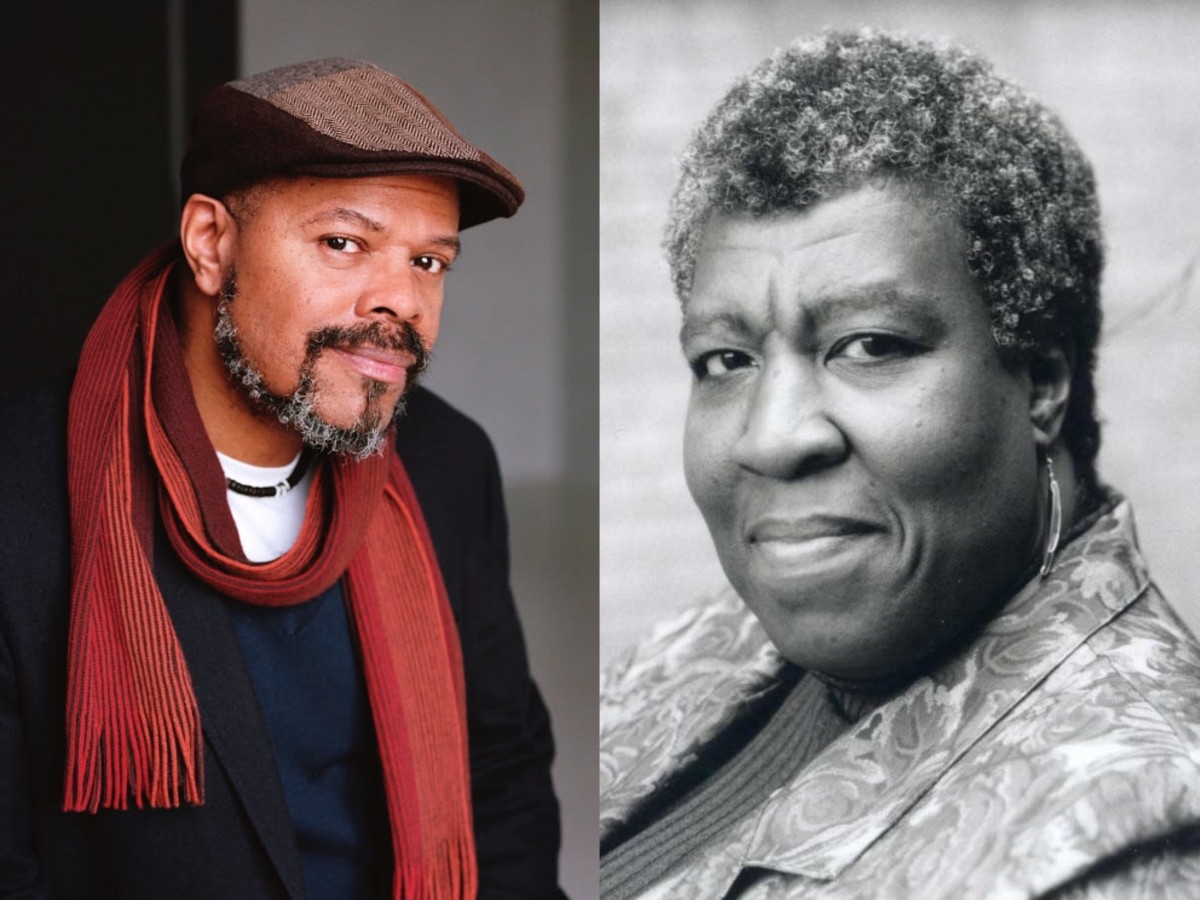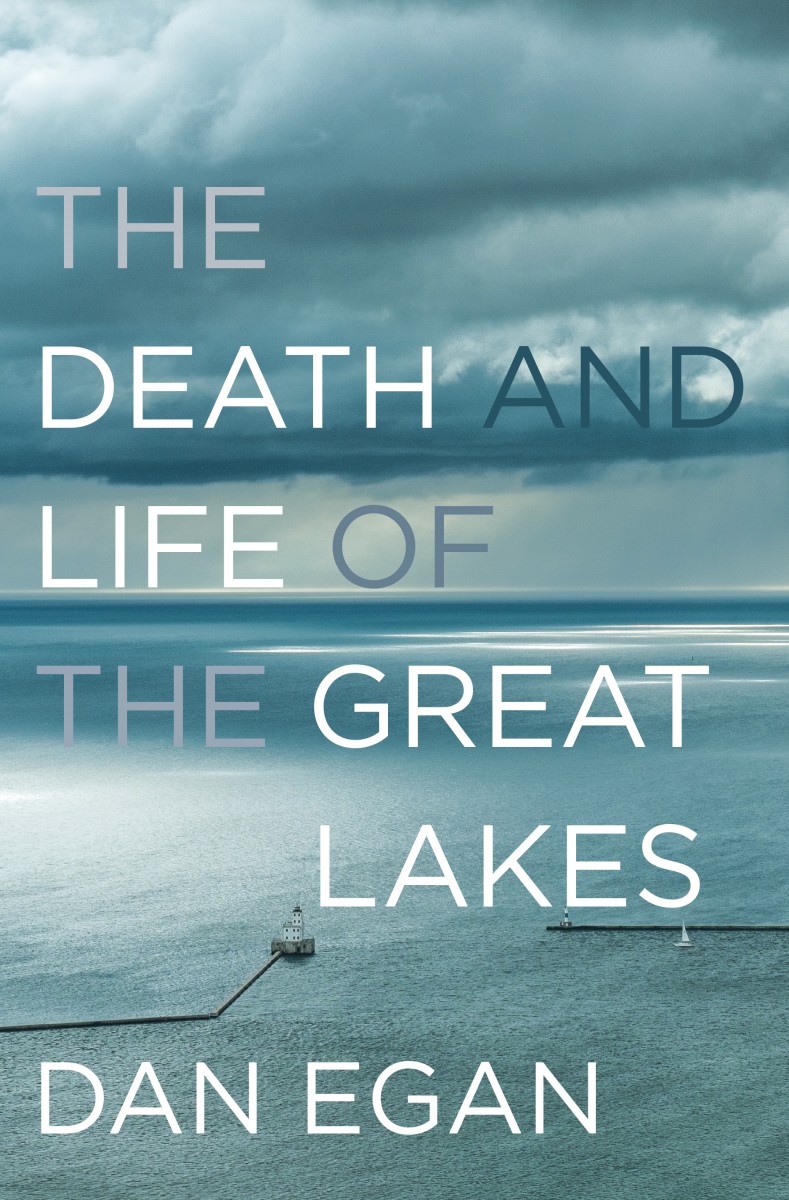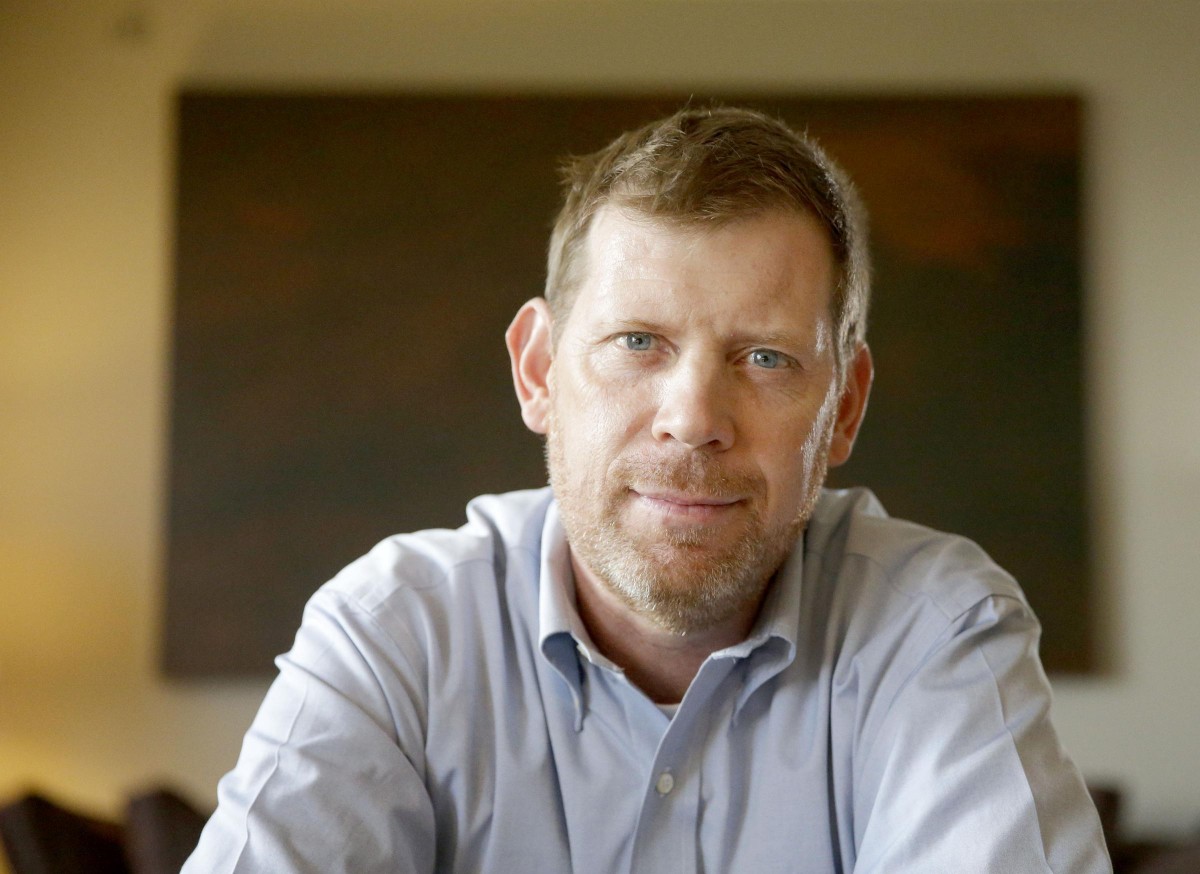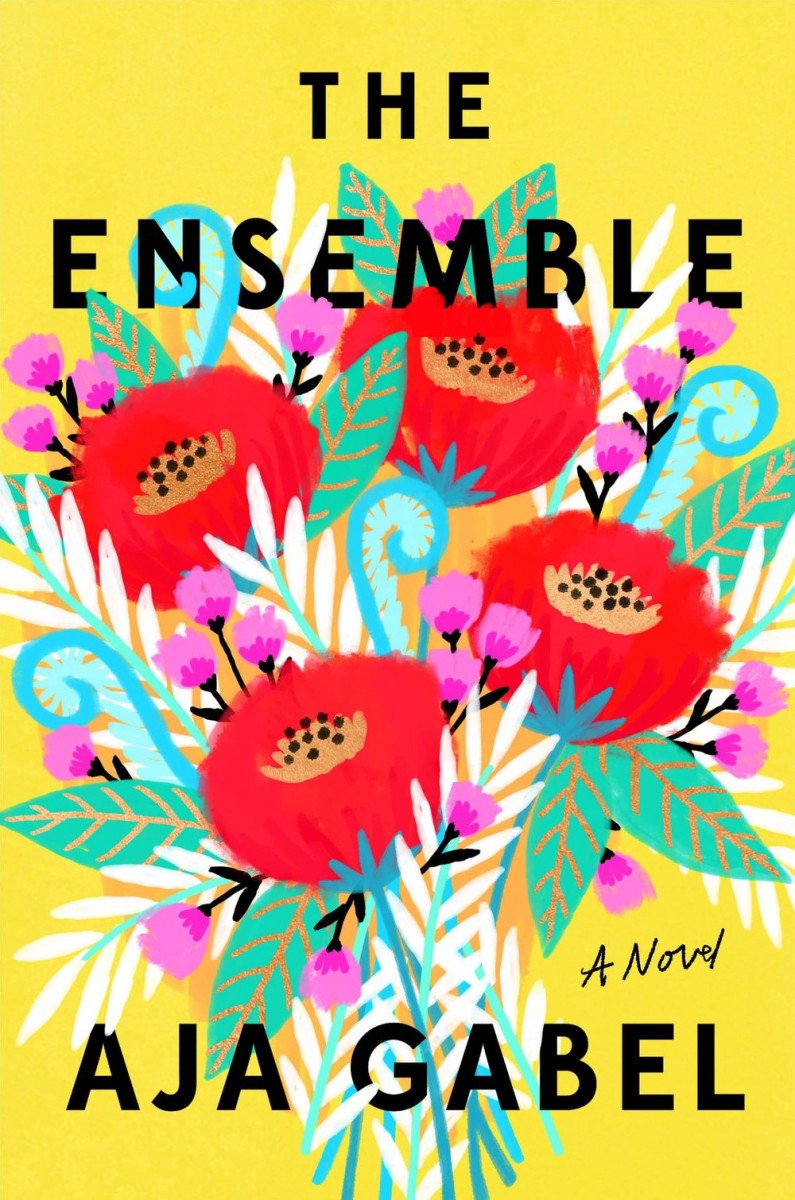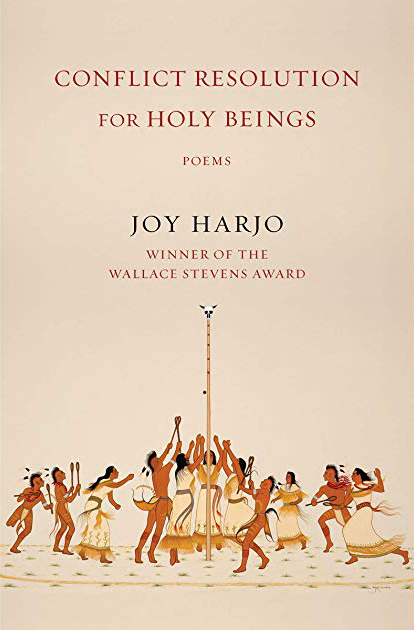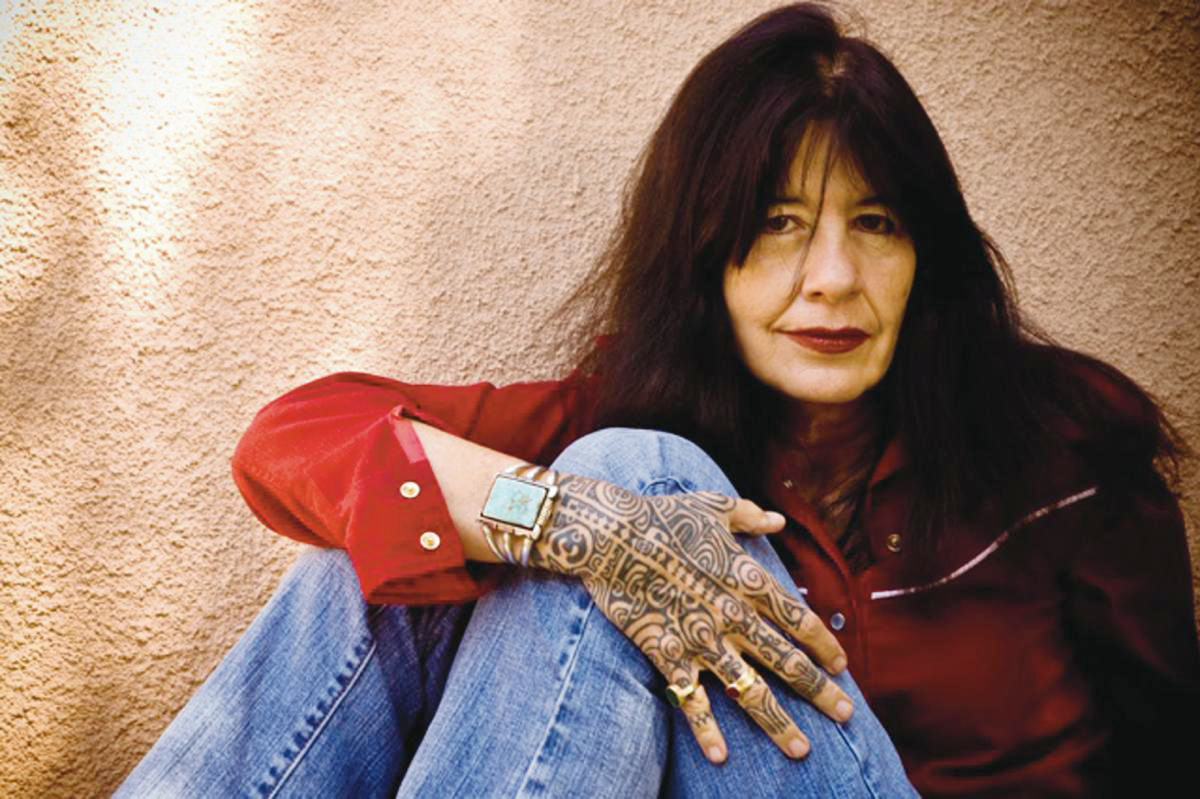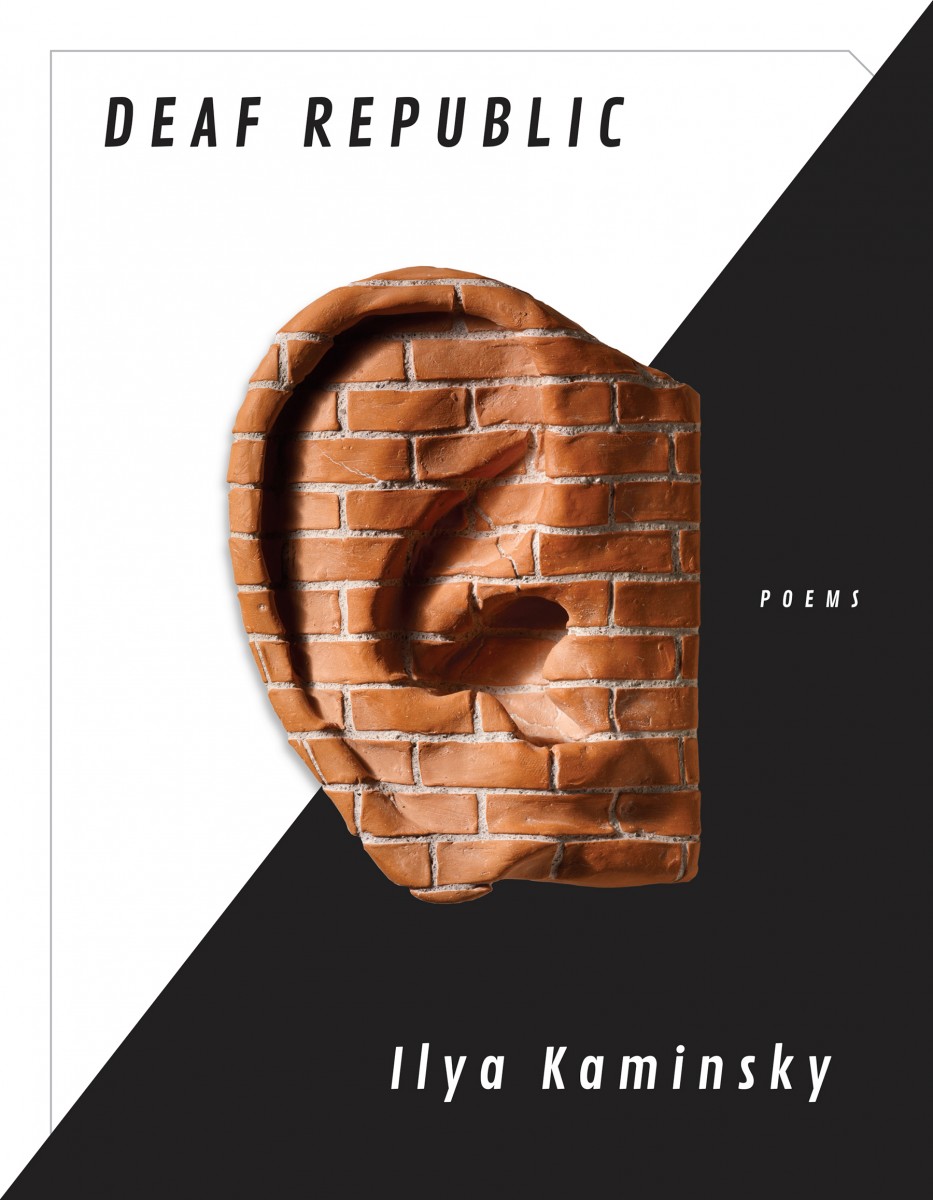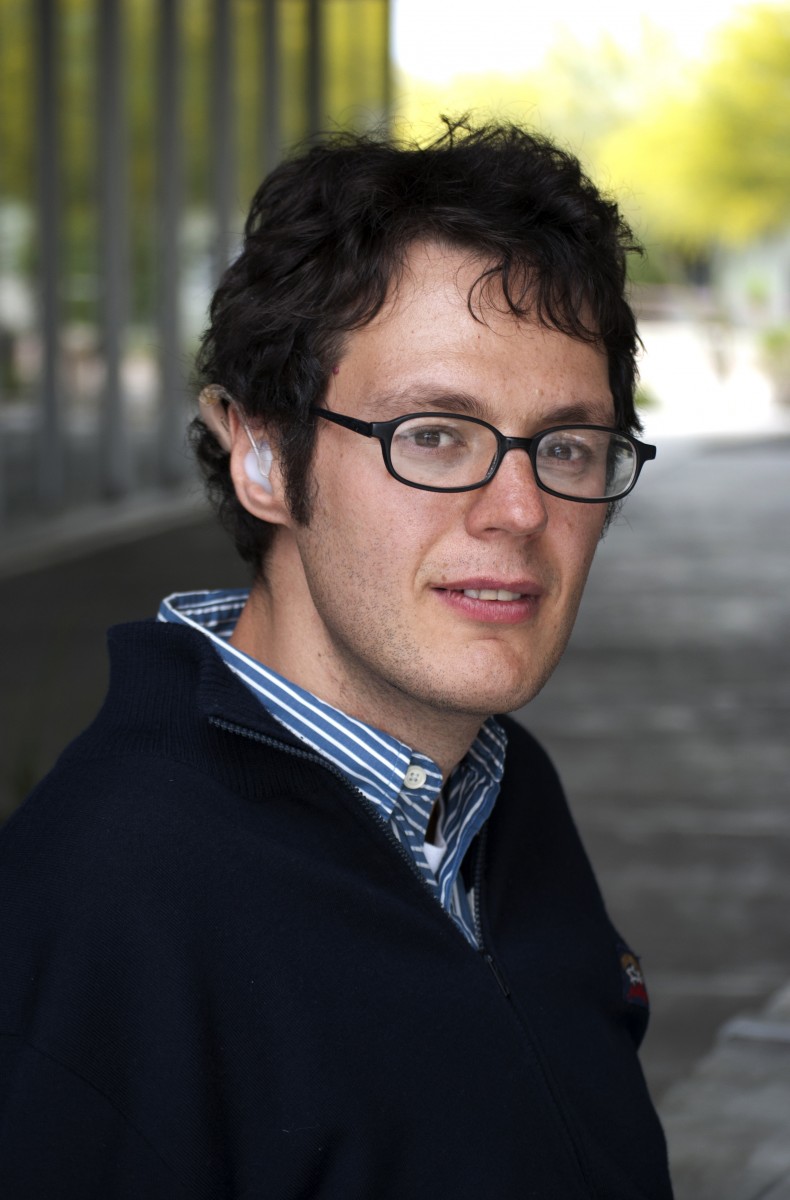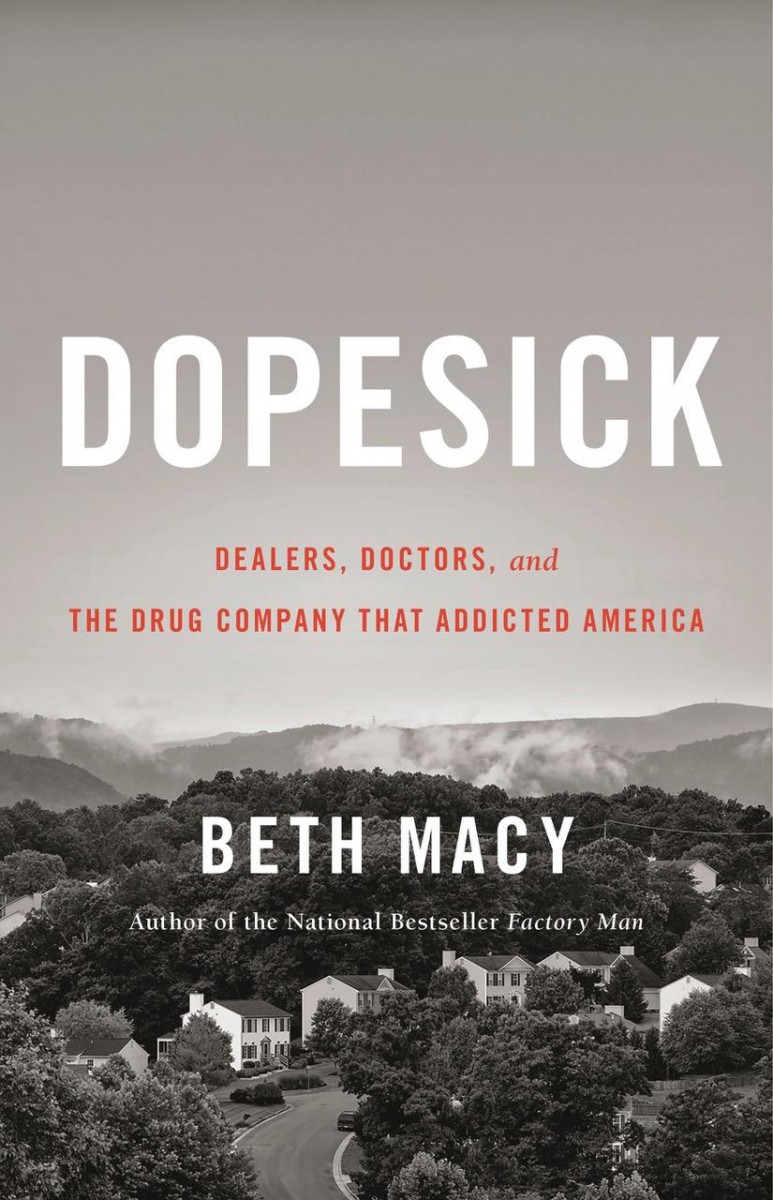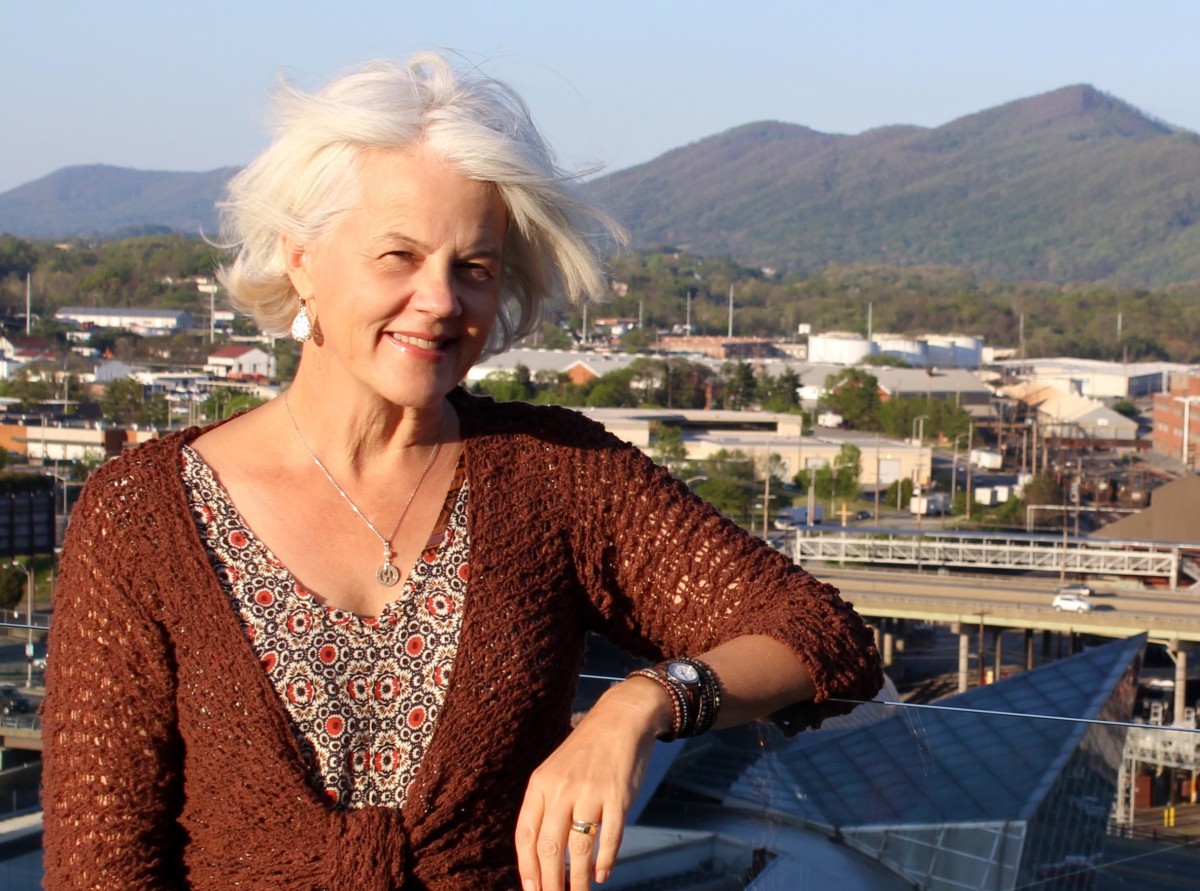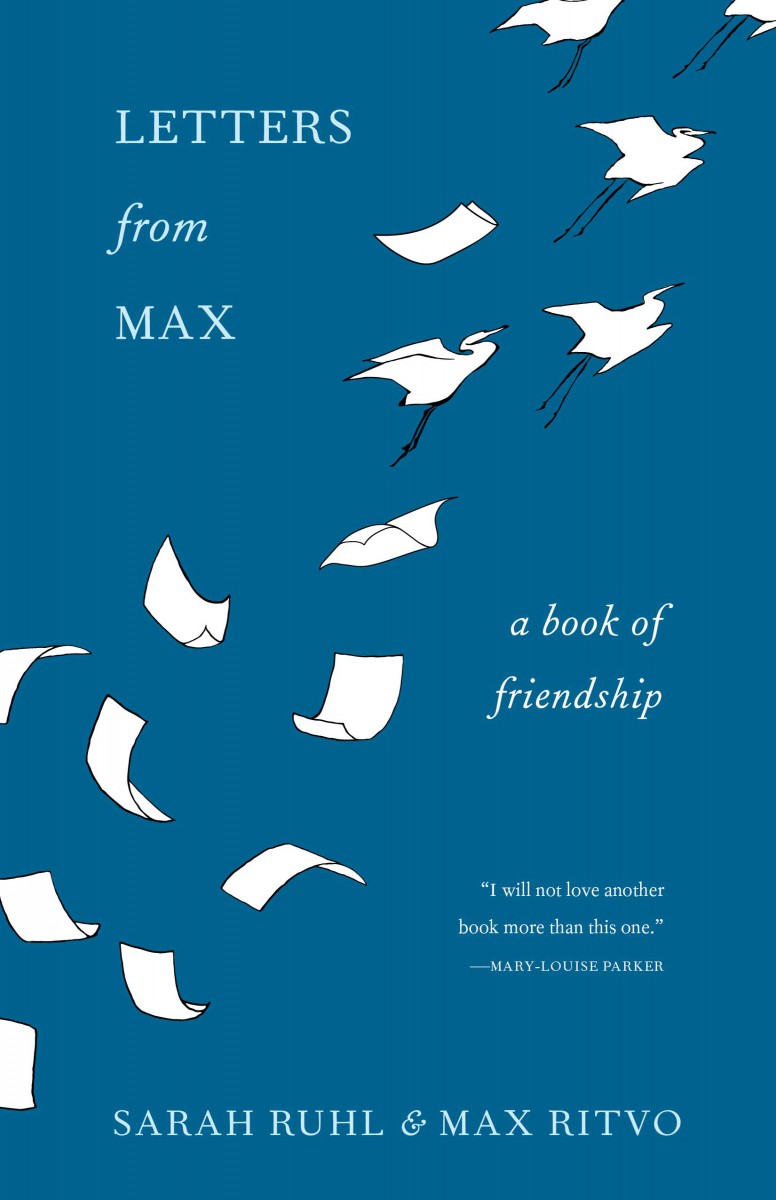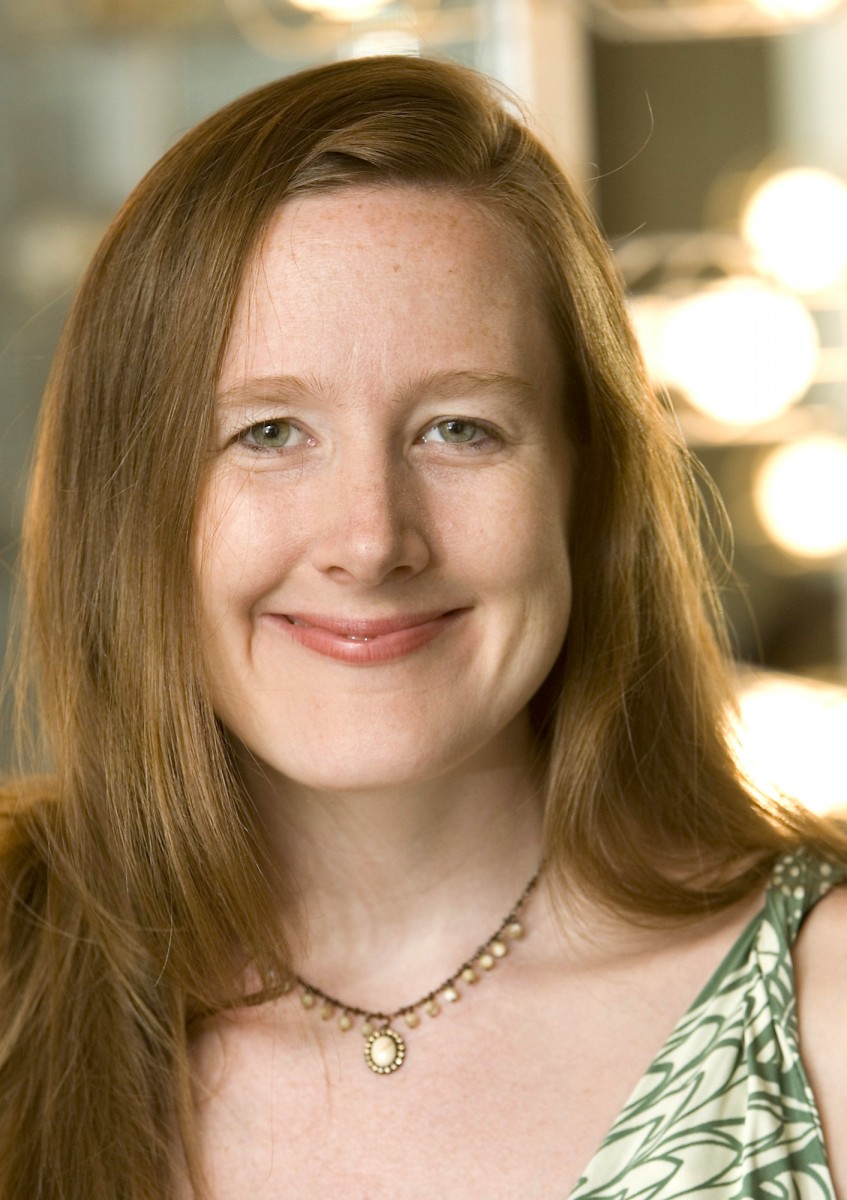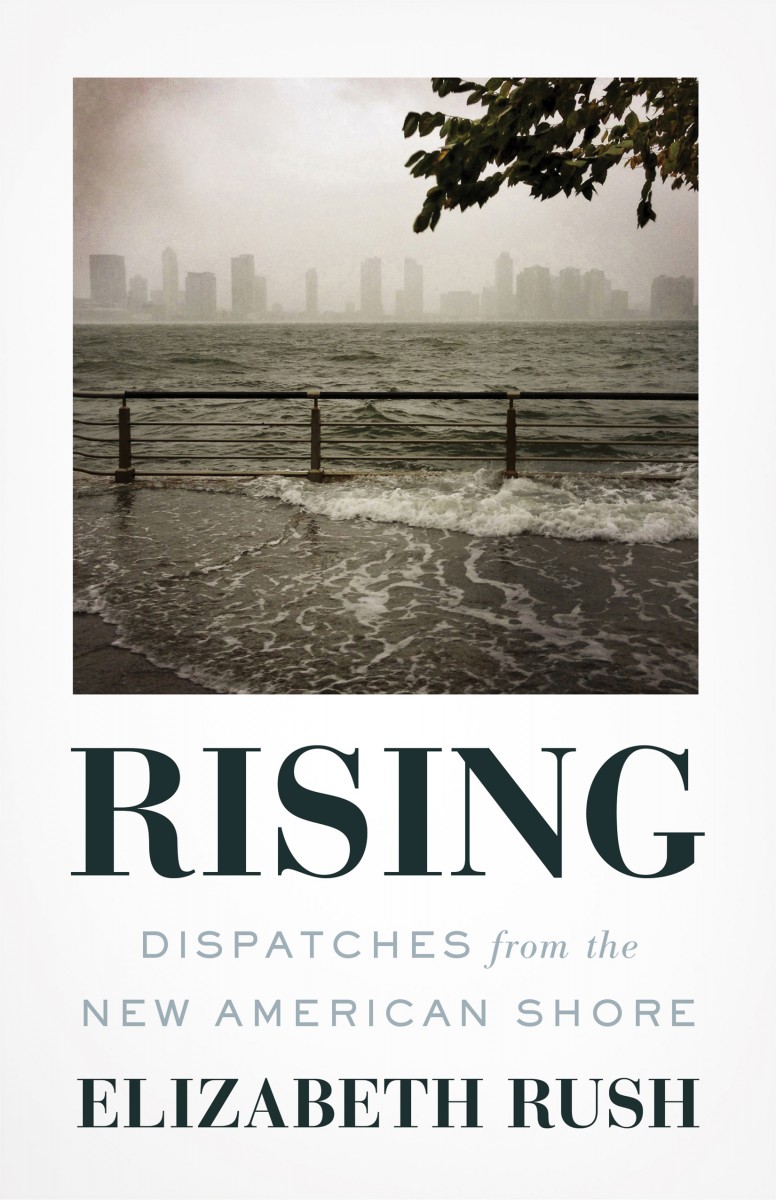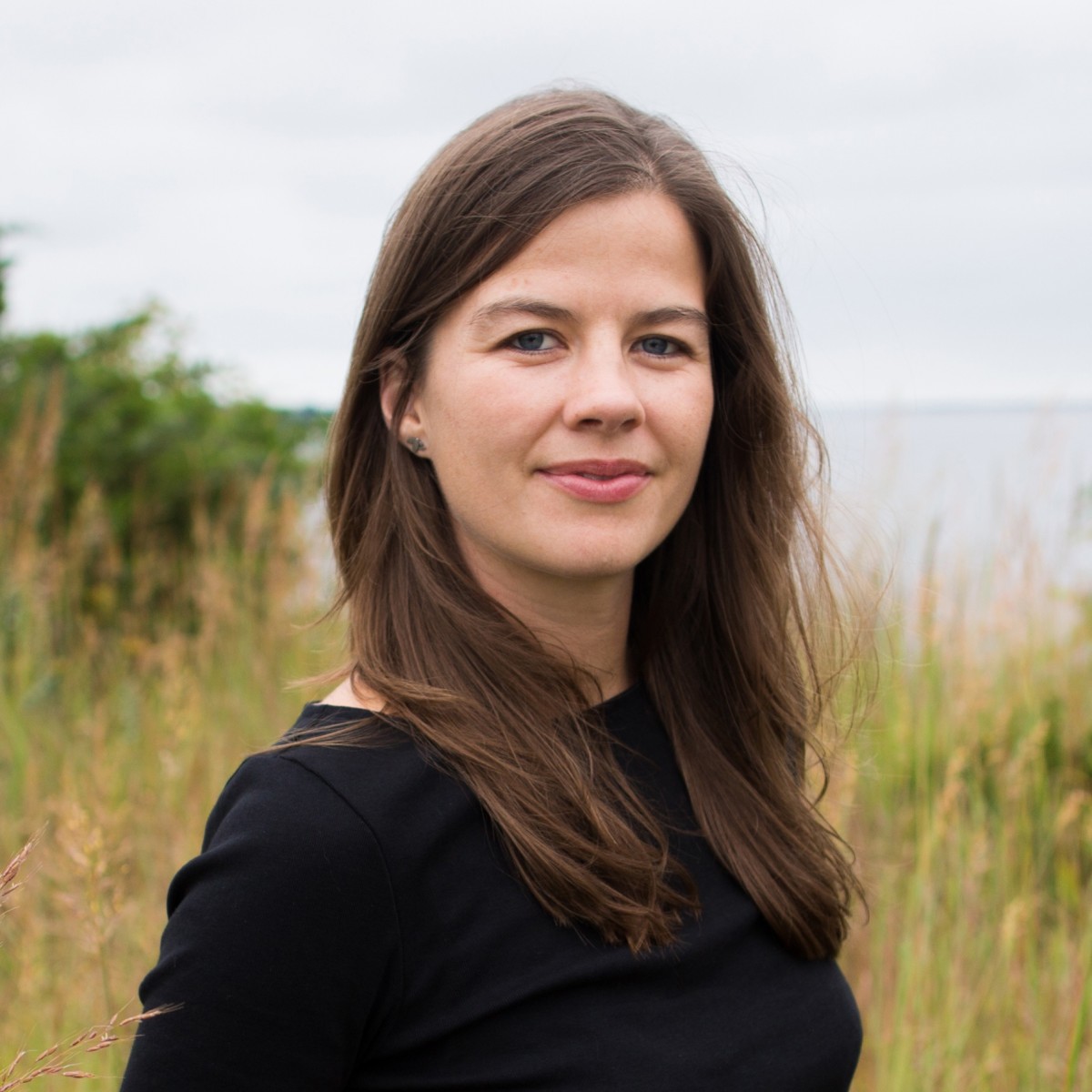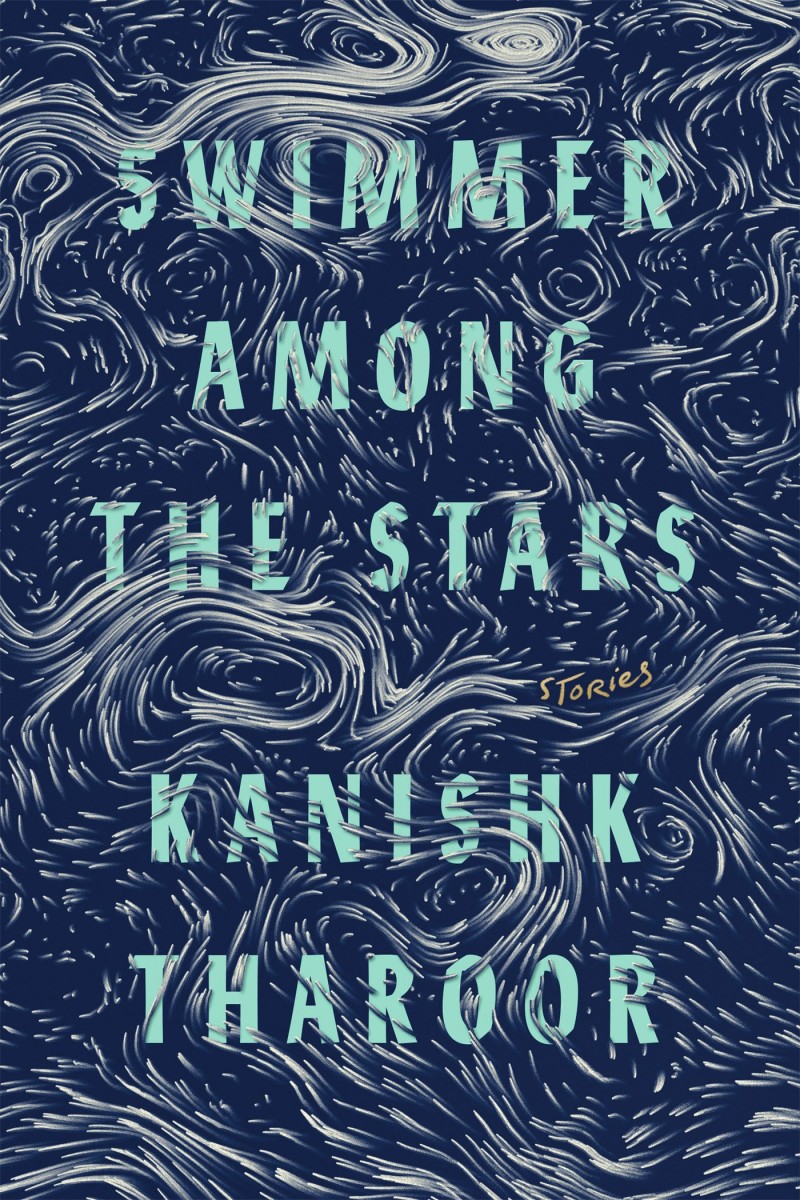Even on a micro-level, the very act of reading — of trusting an author, of connecting with a protagonist, of discovering the secrets cached between sentences — is a collaborative exercise.
At Chautauqua, a community already devoted to literary-minded conversation, the Chautauqua Literary and Scientific Circle’s 2019 vertical theme “Collaborations” seems even more useful.
Atom Atkinson, who begins their second season as the Institution’s director of literary arts, admits this year’s theme is “pretty capacious.” But that’s not without a purpose.
Such a broad concept affords the CLSC flexibility to interpret the theme however it may best serve this season’s readership without confining a book’s resonance, Atkinson said.
It also means the selection process is more organic. Instead of searching for books amenable to a hyper-specific idea, Atkinson can follow what excites them and produce a balanced collection of genres, subjects and styles.
Next comes the books’ placement onto the sprawling season calendar, itself divided into themes by week.
“Once we are thinking about those books, then we are thinking about what would really be exciting at a particular time that would unlock avenues of thought inside that week that might not be unlocked elsewhere,” Atkinson said, “or might only be possible through something as durational as reading a long book.”
Week One, “Moments That Changed the World,” begins with two out of the 11 CLSC selections: The Death and Life of the Great Lakes by Dan Egan and Kindred by the late, great Octavia E. Butler.
“We’re going to spend a week sitting with some overlooked moments and thinking about why they are overlooked and what the ramifications are of their being overlooked,” Atkinson said.
The Death and Life was the first book announced at last season’s Bryant Day, a ceremony that unveils a few CLSC books for the following year. With this pick, Atkinson hopes to signal that the CLSC remains invested in science selections, as well as works that address the question of what has already passed and what we need to move forward.
First published in 1979, Kindred, too, approaches history differently. Though the majority of CLSC books are published within the past two or three years, Atkinson capitalized on former vice president and Emily and Richard Smucker Chair for Education Sherra Babcock’s practice of “historic selections” — classics with contemporary relevance — to make this pick, which John Keene will present on the lecture stage.
“You could pick any book that talks about the trans-Atlantic slave trade, chattel slavery and colonialism as ‘Moments That Changed the World,’ but (Kindred) … re-orients the way we think about what the past is, versus what the present is, and the ways we are comfortable situating the past in a static past,” Atkinson said.
Week Two, with community efforts at the forefront, features two nonfiction books. First up is Beth Macy’s Dopesick: Dealers, Doctors, and the Drug Company That Addicted America, a book Atkinson praised as “a journalistic masterpiece.”
“For a season where we wanted to look at collaborations, we were also deeply interested in the part of the book that talked about what is yet possible for how different institutions and individuals can collaborate differently, or in new ways,” Atkinson said.
In an instance of regional synergy, Macy will join individuals involved in mental health, medical care and poverty work in Western New York for a recorded roundtable conversation in Jamestown.
“(Sharing this resource) underscore(s) the fact that the CLSC’s educational value has always been in far more than the act of reading,” Atkinson said. “It’s about celebrating what’s possible because you have read it.”
That Thursday, David W. Blight will present his mammoth biography Frederick Douglass: Prophet of Freedom on July 4, a fact made even more poignant given that Frederick Douglass first delivered his monumental speech “What to the Slave is The Fourth of July” on July 5, 1852, in Rochester, New York.
Week Three, “A Planet in Balance,” highlights another award-winning work of reportage in Elizabeth Rush’s Rising: Dispatches from the New American Shore, a finalist for The Chautauqua Prize.
“We simply loved the book,” Atkinson said. They pointed to interactions between the coastal communities that Rush uplifts as evidence of this year’s vertical theme.
“(The book) takes a different approach, a different point of view, to show the tether of all of these things, which isn’t linear,” they said. “You’re not only thinking in a sort of direct way about the subject matter, but also about how a book is capable of rewiring a reader’s brain to think through a question in the first place.”
Aja Gabel’s The Ensemble is, according to Atkinson, an example of a much “looser” but “rewarding tether” to Week Four’s longevity theme.
“Some readers might not have considered the question of how someone maps their life out, but the book presents pretty clearly the endurance required and the physiological cost of a life in the arts and in this particular art form,” they said, “and the course that was set by not only being a musician, but being a musician in collaboration with three other people.”
In collaboration with Gabel, the Athena Quartet, made up of faculty from the School of Music, will perform pieces referenced throughout The Ensemble the day of Gabel’s presentation.
For a book that revolves around the constructed dichotomy of hearing and deafness, Ilya Kaminsky’s Deaf Republic was, for Atkinson, an easy choice for a week dedicated to “The Life of the Spoken Word.” A longtime fan of Kaminsky, they deemed the author “the most thrilling live performers of poetry I’ve ever encountered.”
“It’s not often you find a book that connects a reader not only to an experience that is relevant to the content, which is the experience of being at an Ilya Kaminsky reading, and simultaneously an intellectual and creative challenge to reimagine what you think the life of the spoken word is or what the absence of it — ‘so called’ — is,” they said.
Oyinkan Braithwaite’s My Sister, the Serial Killer is the book of Week Six, “What’s Funny?,” as well as a welcome, though no less worthy, bit of “brevity and punch between behemoths,” Atkinson said.
Letters from Max: A Book of Friendship, by Sarah Ruhl and Max Ritvo, follows Braithwaite’s take on hardboiled crime fiction. Situated in Week Seven, “Grace: A Celebration of Extraordinary Gifts,” Letters from Max is a collaboration of two authors that “kind of screamed Chautauqua to me,” Atkinson said.
It also occurs the same week as a seminar — Atkinson called it “a CLSC capstone opportunity” — taught by Elaine Miller, a philosophy professor at Miami University of Ohio.
“(The book) touched on grace on so many registers, and not just in the way we think of spirituality or the way we think of death, but also the way in which the deep human connection of your most important friendships can sustain you,” Atkinson said. “(Week Seven) really called out to us as the right time for that book.”
For Week Eight, “Shifting Global Power,” Atkinson chose to forgo reportage on international politics or historical tomes in favor of selecting Kanishk Tharoor’s Swimmer Among the Stars, a short story collection that, as Atkinson described it, “gives you a series of brief fictional encounters with both of those things.”
“It’s also exciting because of the unexpected surprise that (Swimmer Among the Stars) gets to live right alongside our Chautauqua Prize winner All The Names They Used For God,” Atkinson said. “(Both explore) the magical and spiritual, touching on things like faith and destiny in a far-reaching way that a short collection, a collaboration of individual works of fiction, makes especially possible in terms of juxtaposing genres and styles but also locations around the world.”
And finally, closing out Week Nine, seven days themed around race and culture, and the 2019 CLSC season, is Joy Harjo’s Conflict Resolution for Holy Beings. On June 19, Librarian of Congress Carla Hayden named Harjo the country’s 23rd poet laureate.
“Joy Harjo is obviously legendary, arguably the preeminent Native American poet, and among the foremost voices well beyond the poetry world (who is) sharing the history of Native American people in the history of jazz,” Atkinson said.


